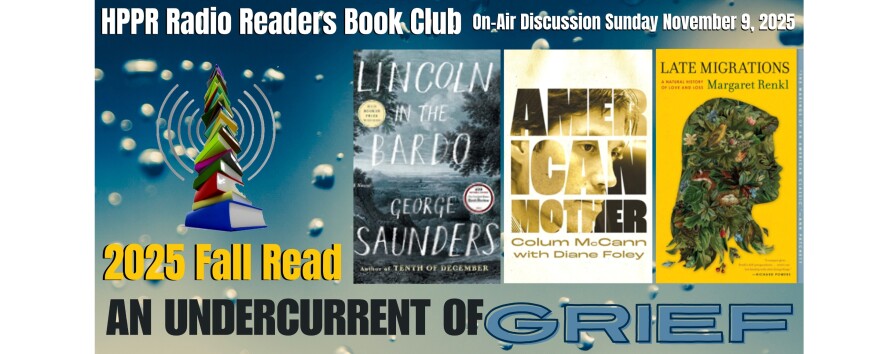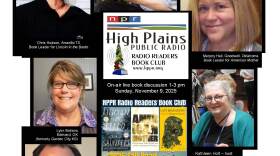This is Andrea Elise and I’m from Amarillo, Texas.
I just finished reading the first book of the trilogy of John Lewis’ autobiography, March.
From the time John was a young boy, he understood the necessity of equality. He even applied this principle to the chickens he cared for in Pike County, Alabama as a child.
John would take eggs from the chickens who laid several and parse them out to the birds that didn’t lay as many. That way, the chickens would each have the same length of time to be productive before becoming a meal in the Lewis household. John even took the time to name each of the chickens and read the Beatitudes to them. Equality.
Do you remember what you were doing when you were 16 years old? If you’re like me, you may have been learning how to parallel park for your first driver’s license. Maybe you helped decorate your high school gym for prom. Perhaps you had a first kiss.
Not John Lewis. Five days before his 16th birthday in 1956, John preached his first public sermon.
The horrific and senseless murder of Emmet Till, the courage of Rosa Parks, and the passionate pleas for non-violent action by Dr. Martin Luther King, Jr. greatly influenced John Lewis. He took the initiative to write letters and finally got to meet Dr. King.
John was so focused that, with the blessing of his mother, he was accepted to American Baptist Theological Seminary in Nashville. It was there, while working as a dishwasher, that he became even more interested in the important lesson of what he called the “social gospel.”
What is faith without justice? What is belief without social action? Can we claim to love God while ignoring the treatment of others as “less than?”
The concept “Liberation theology” comes to my mind. It refers to a theology applied to the concerns of marginalized communities in need of social, political, or economic equality and justice.
My first encounter with this theology was the murder of Archbishop Oscar Romero in 1980. He was killed by a rightwing death squad during the Salvadoran civil war, shortly after appealing to the soldiers of the Salvadoran army, in the name of God, to stop killing their brothers and sisters.
He is considered by many to have died for his faith, and was canonized as a Catholic saint in October of 2018, two years before John Lewis died.
John sat at lunch counter after lunch counter, sit-in after sit-in, faced degradation, contempt, threats, bombings and multiple arrests, all the while realizing that he could not separate who he was from the way he wanted all of God’s children to be treated.
John Lewis preached his first sermon five full years before Barack Obama was born. Could President Obama have become our first African American president without the decades-long work of people like John Lewis? People who, like John, heeded the words of Dr. Martin Luther King, Jr. to walk together, not to grow weary and to make the dream of equality and justice possible for all.
This is Andrea Elise for HPPR Radio Readers Book Club.









